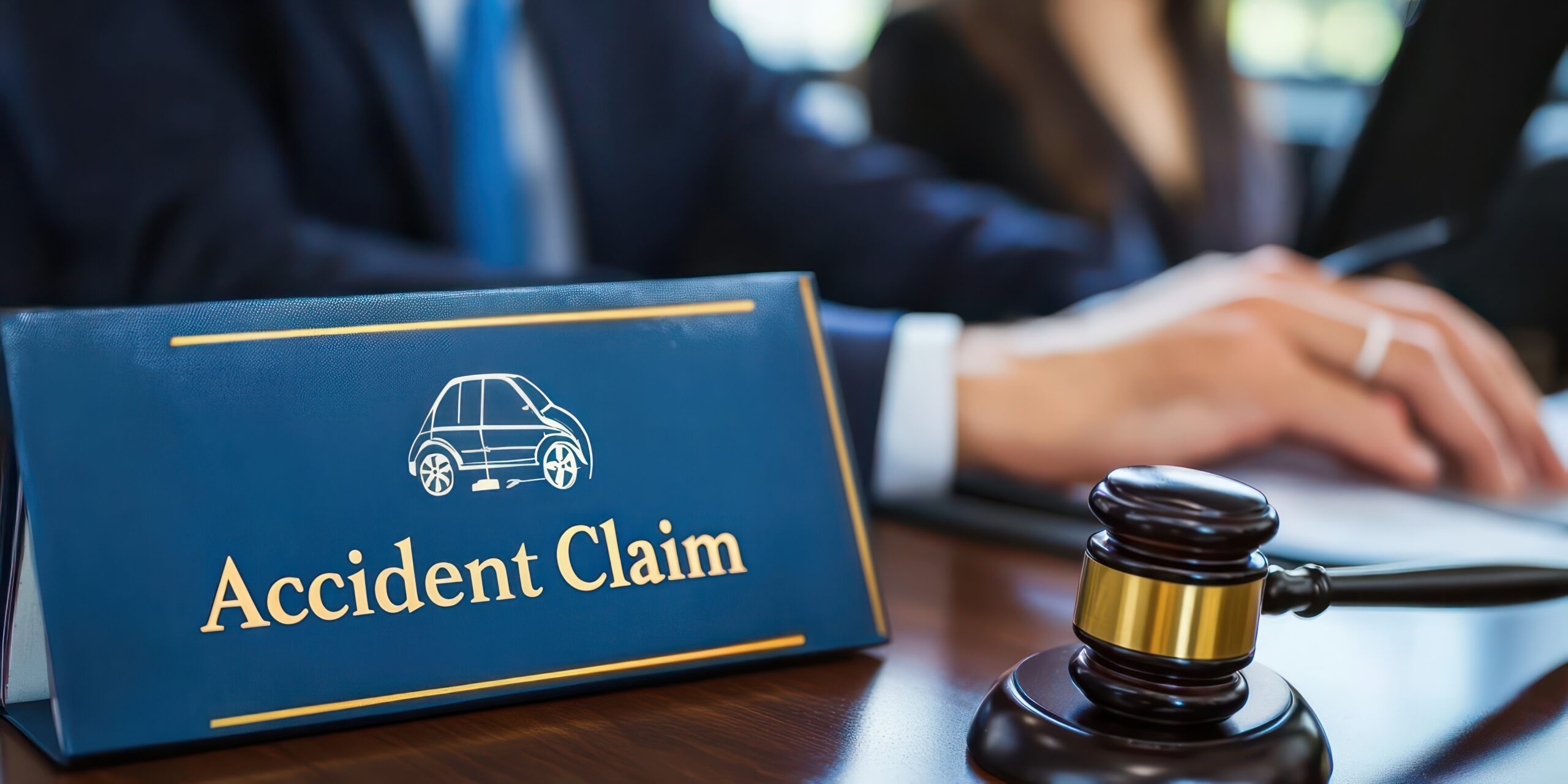Being a victim of a car accident can be devastating, leaving them with physical pain and injuries, emotional trauma, and unexpected financial obligations. The damages can be life-altering, so it’s only wise to know your legal options after a car accident. This way, you can strategize on how you can receive fair compensation for your losses. What you do about this immediately after the event can dramatically affect the outcome of your case.
This article will guide you through the process and help you understand your rights and options. Continue reading for more.
- Seek Medical Care and Document the Accident Scene
Your health and safety should always be your top priority after a car accident. Even if you overlook visible injuries, it’s essential to seek medical care as soon as possible. Some injuries may not show symptoms immediately. As such, you must go to a hospital as soon as you can to get a thorough evaluation. This way, you can also create an official chronological record of your injuries, which will be vital for your accident claim.
At the accident scene, take the following steps to protect your rights:
-
- Call 911 to report the accident and request police officers to document the crash scene.
-
- Exchange contact information with the other driver, including their insurance card and vehicle details.
-
- Take photos of the accident location, damage, injuries, road conditions, and traffic signs or signals. This visual evidence can be compelling in proving fault.
-
- Gather contact info from any witnesses who may have seen the accident.
If you’re unsure how to proceed, consulting an aggressive car accident lawyer in Tuscaloosa or your location can help you face the aftermath and ensure you don’t miss anything critical.

- Notify Your Insurance Company and Understand Your Policy
After seeking medical treatment, notify your insurance company about the accident. Be prepared to provide details about the accident circumstances, including the police report number and any medical records. However, avoid admitting fault or providing a recorded statement without consulting an experienced car accident attorney.
Depending on your auto insurance policy, here are some examples of coverage you may be able to use:
-
- Collision coverage: You can use this to pay for the repair of your vehicle.
-
- Personal Injury Protection (PIP): Pays for medical payments and lost income, regardless of fault.
-
- Uninsured/Underinsured Motorist Coverage: If the offending party involved in the accident lacks sufficient insurance, you can still have coverage through this policy.
-
- Rental Reimbursement Coverage: If you require a rental car during the repair process, you can have your expenses reimbursed through this coverage.
Insurance companies often aim to minimize payouts, so having knowledgeable lawyers on your side can help you negotiate a fair settlement.
- File an Accident Claim and Assess Damages
The claims process may be prolonged and complicated if there are disputes over fault or policy limits. Start by filing an accident claim with your insurance company and the at-fault driver’s insurer. Provide all necessary documentation, including:
-
- The accident report from police officers.
-
- Repair estimates from a trustworthy auto repair shop.
-
- Medical bills and records from your primary care physician or urgent care facility.
-
- Proof of economic losses, such as hospital bills or loss of income.
If the insurance adjuster offers a settlement, don’t accept it immediately. Consult with accident attorneys to ensure the amount covers all your damages, including future medical costs and repair services.
- Consider Legal Representation for Complex Cases
In cases involving severe injuries, significant damage, or disputes over legal liability, hiring an experienced car accident attorney is crucial. Personal injury lawyers can help you with the following:
-
- Investigate the accident further, gathering additional evidence like weather conditions or negligent driver behavior.
-
- Bargain with insurance companies to get fair compensation.
-
- You can sue the insurance company if they refuse to acknowledge your claim or offer a low settlement.
A rule of thumb is to seek legal representation if you’re unsure about the claims procedure or if your injuries require long-term medical treatment.
- Be Aware of Time Limits and Protect Your Rights
Every state has a statute of limitations for filing auto accident claims. In Alabama, for example, filers usually have two years from the date of the accident to submit a personal injury lawsuit. If you miss the deadline, you can lose your right to compensation.
Additionally, keep complete records of all accident-related expenses, including repair invoices, medical payments, and correspondence with insurance companies. This record will strengthen your case and help your attorney build a compelling argument.
For accidents involving commercial vehicles or government entities, the legal process can be even more complicated. Accident lawyers with experience in these areas can guide you through the unique challenges of such cases.
Conclusion
The aftermath of auto accidents can be overwhelming, but understanding your legal options can make a significant difference. Each step you take is critical to securing fair compensation. If you’re facing challenges with insurance claims or need help navigating the legal process, don’t hesitate to consult a trusted car accident lawyer. With strong legal representation, you can focus on your recovery while your attorney works on all the legal aspects for you.

